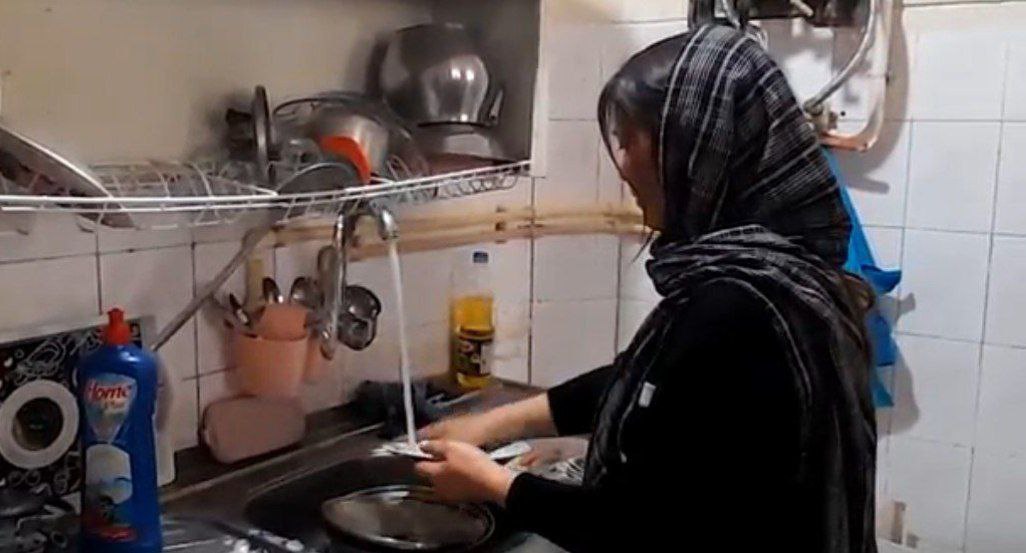In a harrowing account, a woman shared her experience with the Taliban’s judicial system, recounting how her request for a divorce was summarily rejected and met with threats and abuse.
Speaking to Amu, Mahtab, who was forced into marriage as a child, described the Taliban’s legal approach as deeply biased, asserting that women are often denied even the right to petition for divorce.
Mahtab was just 12 years old when her family forced her into marriage.
Since then, her life has been marked by physical and emotional suffering, to the point where she has attempted suicide five times in despair.
Now, after years of hardship, she sought a legal divorce to reclaim her life. However, when she appealed to the Taliban’s courts, her efforts were met with hostility and intimidation.
“For two years, I tried to obtain a divorce,” Mahtab said. “They insulted me, beat me, tore up my petitions. I couldn’t separate from my husband, and they took my children from me. There is no humanity here in Afghanistan.”
Mahtab further explained that her 12-year-old daughter, who remains with her husband, is now at risk of being forced into child marriage herself. “I tried to raise my voice for my children,” she added. “By Islamic law, I had the right to care for my young son, and my daughter was old enough to choose to stay with me. But they took both from me.”
Taliban officials have stated that divorce is “not a voluntary matter” for women, requiring what they describe as “special conditions.”
Despite this rigid stance, some Islamic scholars assert that women do have the right to seek divorce in specific situations. Fazal Hadi Wazin, a professor and Islamic scholar, noted, “According to Islamic principles, women have the right to go to court and request a divorce, often by waiving their dowry. The courts should not ignore women’s appeals on this matter.”
Under Taliban rule, restrictions on Afghan women’s rights and freedoms have become increasingly severe, leading to global condemnation.
The Taliban’s rigid interpretations have shut women out of public life, education, and, increasingly, the justice system itself. Despite international pressure, the Taliban’s policies regarding women and girls continue to intensify, leaving many, like Mahtab, trapped in a legal and social system that denies them even basic protections.




